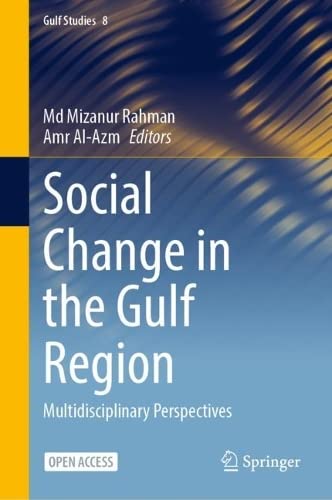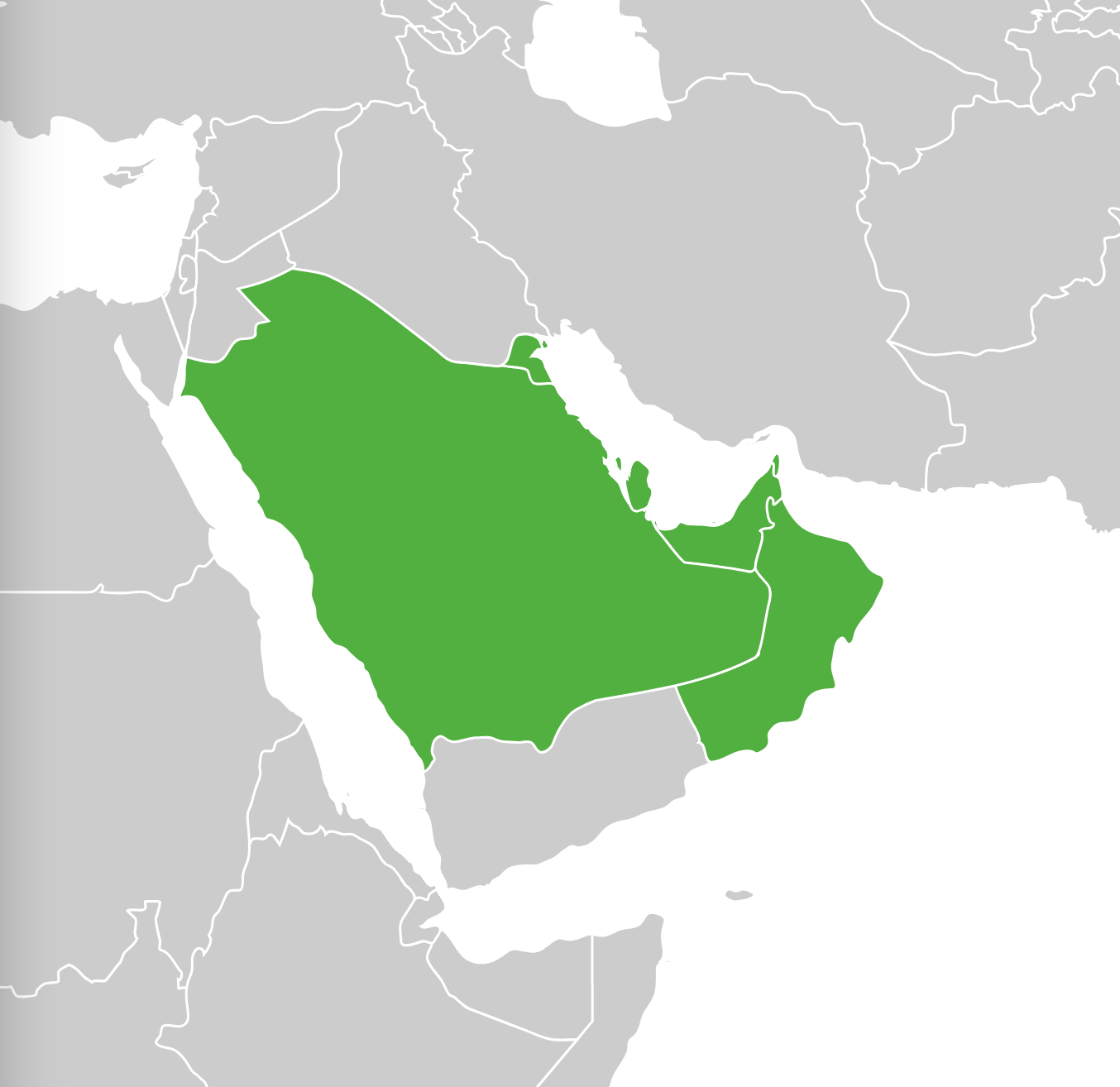- The Journal of Arabian Studies and the Development of Gulf and Arabian Peninsula Studies by James Onley & Gerd Nonneman
On the occasion of the 10th anniversary of the Journal of Arabian Studies (JAS), this article offers the first history of the field of Gulf and Arabian Peninsula Studies (GAPS), including the origins and evolution of JAS. It begins with an overview of the origins and evolution of GAPS as a field of scholarship, then provides a detailed survey of the field’s institutional development, which can be traced back to the region’s post-war oil wealth and the large oil-funded archaeological expeditions of the 1950s–60s. This is reflected in GAPS’s first societies, centres, and journals, which catered exclusively to archaeologists, historians, and Arabists. The transformation of GAPS into a global interdisciplinary field (encompassing both humanities and social sciences) began in 1969, although it remained a fringe field within Middle East Studies. The expansion of GAPS into a mainstream field in its own right began in the 2000s, reaching critical mass in the 2010s, resulting in the establishment of the Association for Gulf and Arabian Peninsula Studies (AGAPS) and the launch of JAS. In the past decade, GAPS also expanded beyond Middle East Studies to embrace Indian Ocean Studies. The article concludes with an overview of JAS’s first
decade: 2011–20.
2. The centre for Arab Gulf studies university of Exeter by Timothy C. Niblock
The Centre for Arab Gulf Studies of the University of Exeter was formally established as an independent research institute within the Faculty of Arts in February 1979. It is the first such centre to be established in the Western world and is intended to foster research into the society, politics, economics and history of the Arab Gulf region. The area covered by the ‘Arab Gul f is taken to be the Arabian peninsula and Iraq; there is a peripheral interest in Iran. The rationale for taking the Arab Gulf as an area for separate study is that this area is evidently of crucial international importance; that the social, economic and political problems facing the peoples of the area are complex — and distinct from the problems facing peoples in most other Middle Eastern states; and that a disturbingly small amount of research effort is currently being directed towards the area. Even in centres devoted to Middle Eastern studies, the Arab Gulf area seems to have attracted only limited attention.
3. Gulf Studies: The Imperatives of Area Studies in the Gulf Region by Sahar El Sayed, Reem Al-Hababi and Md Mizanur Rahman
Area Studies is in crisis, but research on Area Studies also demonstrates the relevance of and need for Area Studies through case studies in different world regions. However, there is a dearth of research on the imperatives of Gulf Area Studies in the Gulf region, which provides the rationale for this study. This study examines the imperatives of Gulf studies by addressing a wide range of questions: Why is Area Studies still relevant? What are the challenges and prospects for Area Studies in general and Gulf studies in particular? What makes a region a region and, therefore, an area of interest and research? Why is it necessary to produce Gulf-specific knowledge? What are the ways forward for Gulf studies? This paper addresses these questions within three broad themes: debates in Area Studies, the Gulf as a region, and Gulf studies within the Gulf region. Drawing on the existing scholarship, we argue that producing area-specific knowledge in the Gulf is not a luxury, but rather a necessity, despite its challenges. Decentering Gulf studies away from the Western academic umbrella to the Gulf region is a crucial move with far-reaching implications for the field of Gulf studies. However, the discipline of Gulf studies must evolve, and fundamentally reposition itself in order to keep pace with rapidly transforming Gulf society in the years to come.




